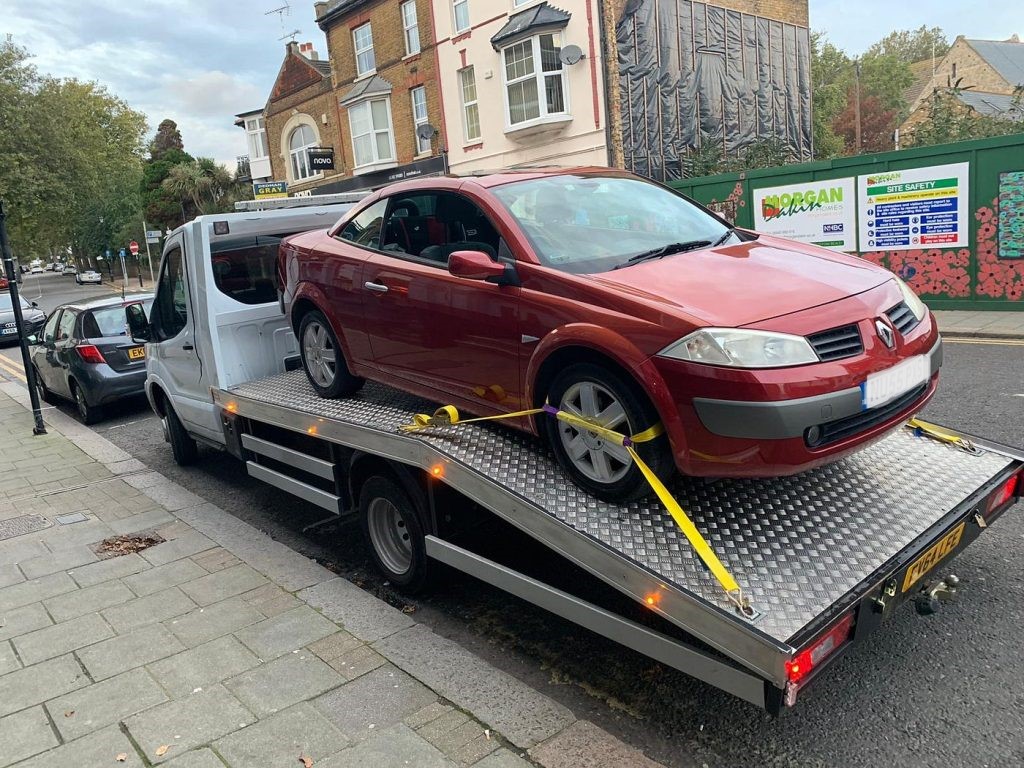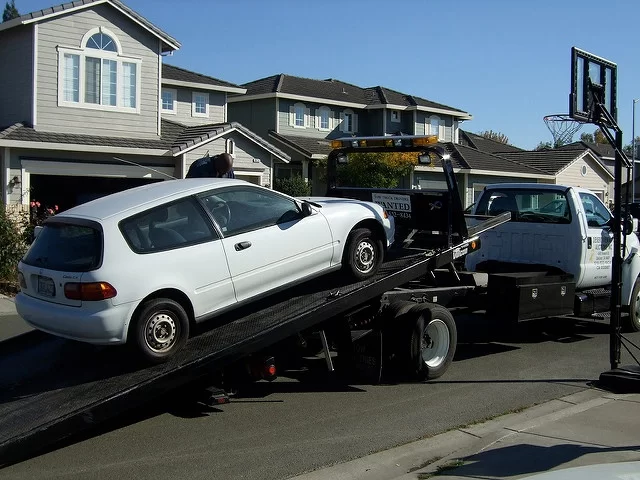Towing can be a challenging task, but the right tow truck can make it easy and efficient. Whether you are a professional towing service provider or an individual looking to tow your vehicle. Choosing the perfect tow recovery truck is essential in case of emergencies.
In this comprehensive guide, we will explore the key factors to consider when selecting a truck for recovery.

These include towing capacity, vehicle compatibility, safety features, and more. Stay tuned to make an informed decision and ensure smooth towing operations every time.
1. Understanding the Different Types of Recovery Trucks
When it comes to towing, having the right recovery tow truck can make all the difference. There are various types of trucks available, each designed for specific towing needs. Understanding the different types of truck for recovery can help you choose the perfect one for your requirements.
1. Flatbed Trucks: It has a flat, open bed that tilts to the ground for easy loading and unloading of vehicles. These trucks are versatile and can tow a wide range of vehicles, including cars, motorcycles, and even small trucks.
2. Wheel-Lift Tow Trucks: Wheel-lift tow trucks use a metal yoke to lift the front or rear wheels of the vehicle off the ground for towing. These trucks are suitable for towing cars and light trucks and are often preferred for their ease of use and maneuverability.
3. Integrated Tow Trucks: Integrated tow trucks combine a boom and wheel-lift mechanism, offering the versatility to tow a variety of vehicles. These trucks are commonly used for heavier vehicles like trucks and buses.
4. Heavy-Duty Wreckers: Heavy-duty wreckers designed for them tow large vehicles such as semi-trucks, buses, and heavy equipment. These trucks feature powerful winches and lifting capabilities to handle heavy loads.
By understanding the different types of recovery tow trucks available, you can select the one that best suits your towing needs and ensures a safe and efficient towing experience.
2. Factors to Consider When Choosing a Tow Truck
Choosing the perfect recovery tow truck is crucial for ensuring a smooth towing operation.
- First and foremost, you should assess the towing capacity of the truck. It refers to the maximum weight that the truck can safely tow, including the weight of the vehicle being towed. It’s essential to match the towing capacity of the truck to the weight of the vehicles you anticipate towing.
- Another important factor to consider is the type of recovery tow truck you need. There are various types available, including flatbed trucks, integrated tow trucks, wheel lift tow trucks, and more. Each type has its own advantages and is suited for different towing scenarios.
- Consider the types of vehicles you will be towing and the terrain you will be operating in to determine the most suitable type of truck for recovery for your needs.
- Additionally, you should evaluate the overall size and maneuverability of the recovery tow truck. Depending on the environments you will be working in, such as urban areas with tight spaces or off-road conditions, you may need a truck with specific size and maneuvering capabilities to access and tow vehicles effectively.
- Lastly, factor in the maintenance and operating costs of the recovery tow truck. Choose a truck with a reputation for reliability and durability to minimize downtime and repair expenses. Consider fuel efficiency and other operating costs to ensure the truck is cost-effective in the long run.
By carefully considering these factors when choosing a recovery tow truck, you can ensure that you have the right vehicle to meet your towing needs efficiently and effectively.
3. Towing Capacity and Vehicle Compatibility of Tow Truck

When it comes to choosing the perfect recovery tow truck for your towing needs, understanding towing capacity and vehicle compatibility is crucial. Towing capacity refers to the maximum weight a truck can safely tow. It protect vehicle from damage or compromising safety. It is essential to match the towing capacity of the recovery tow truck with the weight of the load you intend to tow.
In addition to towing capacity, it is important to consider vehicle compatibility. Not all recovery tow trucks can tow all types of vehicles. The wheelbase, suspension, and braking system of the recovery tow truck must be compatible with the vehicle being towed to ensure a safe and smooth towing experience.
Before selecting a recovery tow truck, carefully assess your towing needs, including the type and weight of the vehicles you plan to tow. Consult the manufacturer’s specifications to determine the towing capacity of the recovery tow truck. Also ensure it is meeting your requirements. By considering towing capacity and vehicle compatibility, you can select the perfect recovery tow truck. That will be beneficial for your towing needs and ensure a safe and efficient towing experience.
4. Safety Features and Additional Considerations
When it comes to choosing the perfect recovery tow truck for towing, safety features should be a top priority. The well-equipped recovery tow truck can make all the difference in ensuring a smooth and secure towing experience.
Look for safety features such as advanced braking systems, stability control, and anti-lock brakes. It is to help you maintain control and stability while towing. Additionally, consider features like tow mirrors, backup cameras, and sensors to enhance visibility and make it easier to navigate while towing.
In addition to safety features, there are other important considerations to keep in mind when choosing a recovery truck for towing.
Consider the towing capacity of the truck to ensure it can handle the size and weight of the vehicles you’ll be towing. Also, think about the ease of operation and accessibility of controls to ensure a user-friendly towing experience. Finally, factor in the durability and reliability of the truck to ensure it can handle the demands of towing over the long term
